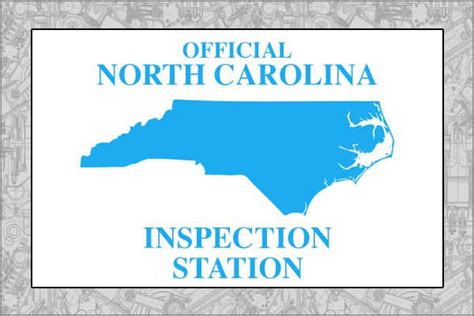
North Carolina state inspection is a crucial requirement for all automobiles to ensure their safety and roadworthiness. Conducted annually, this comprehensive inspection covers various components of a vehicle, including brakes, suspension, steering, tires, lighting, emissions, and more. The primary objective of the inspection is to identify potential safety hazards and environmental concerns that could affect both the driver and the surrounding community.
During a North Carolina state inspection, a certified inspector thoroughly examines the vehicle’s braking system. This includes checking the effectiveness of the brakes and the parking brake to ensure they are operating properly. The suspension and steering systems are also carefully inspected for any signs of wear or damage that could compromise the vehicle’s maneuverability and stability. Tires are assessed for proper inflation, tread depth, and any visible damage, such as bulges, cuts, or punctures. The lighting system, including headlights, brake lights, turn signals, and license plate lights, is also examined to ensure they are functioning correctly.
In the event that any issues are identified during the inspection, the vehicle owner is provided with a detailed report outlining the necessary repairs. Once the required repairs have been completed, the vehicle must undergo a re-inspection to verify that the necessary corrective actions have been taken.
Failure to pass the North Carolina state inspection can result in fines, and in severe cases, the vehicle may be prohibited from being driven until the necessary repairs are made. Therefore, it is essential for vehicle owners to proactively maintain their cars and ensure they are in good working condition prior to the inspection.
In conclusion, the North Carolina state inspection is a vital process that promotes the safety and roadworthiness of vehicles on the state’s roads. By addressing potential safety hazards and monitoring emissions, the inspection helps protect both drivers and the environment. Vehicle owners have a responsibility to maintain their cars properly, ensuring they meet the necessary standards to pass the inspection and avoid penalties or fines. By adhering to the inspection requirements, drivers can contribute to safer roads and a cleaner environment in North Carolina.